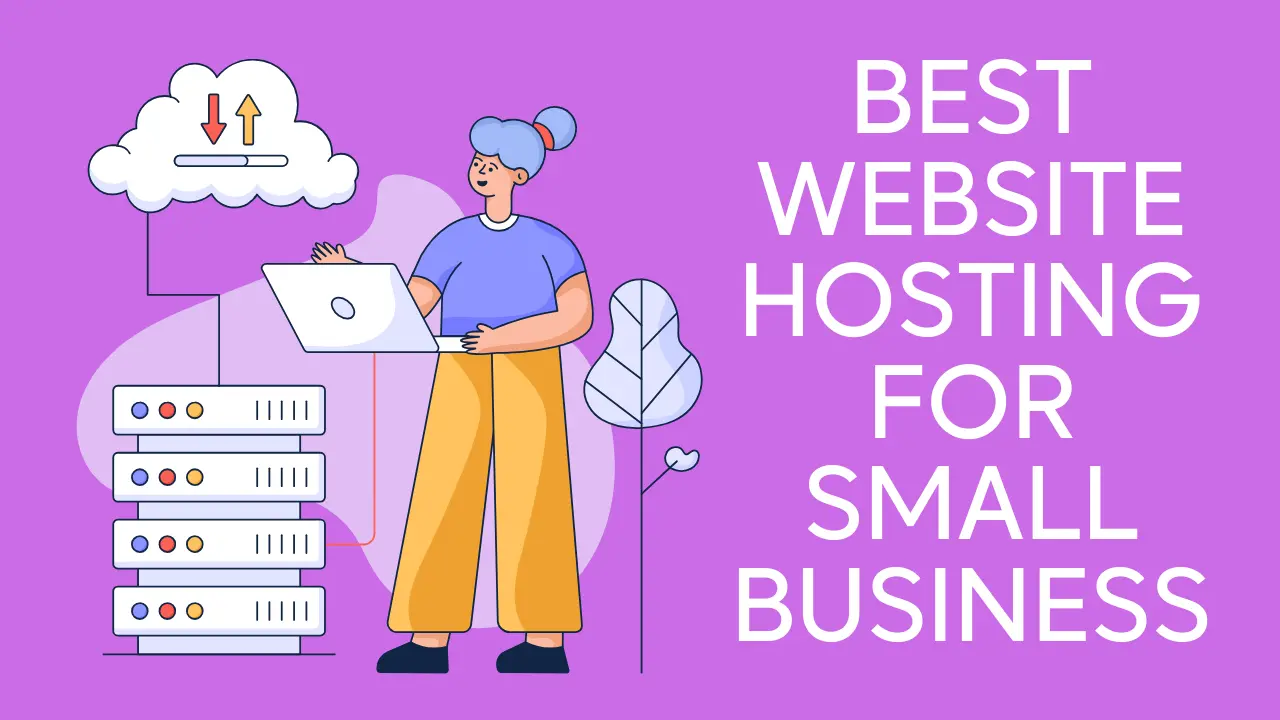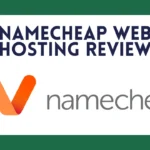
Introduction
Starting a small business and need a website? One of the first decisions you’ll face is choosing a hosting provider. But with so many options out there, how do you find the best website hosting that won’t break the bank? In this guide, we’ll explore the world of affordable hosting solutions tailored for small businesses. From shared hosting to VPS, we’ll break down the pros and cons, helping you make an informed decision without getting lost in technical jargon.
Table of Contents Website Hosting
Understanding Website Hosting
Before delving into specific hosting types, let’s grasp the concept of website hosting. Think of it as renting space on a server to store your website’s files. Your hosting provider manages the server, ensuring your site is accessible to visitors 24/7.
AdviceHosting users Get an exclusive 69% Off discount and a free Domain! |
Shared Hosting: Budget-Friendly Option
Shared hosting is like sharing an apartment – you split resources with other websites on the same server. It’s affordable and ideal for small businesses just starting.
Virtual Private Server (VPS) Hosting
Upgrade to VPS hosting for more control and resources. It’s like owning a condo – you have your space, resources, and greater flexibility, albeit at a slightly higher cost.
Dedicated Hosting: When Is It Worth It?
Dedicated hosting is like owning a mansion – you have the entire server to yourself. It’s perfect for high-traffic websites that demand top-notch performance and security.
Cloud Hosting: Scalability on a Budget
Cloud hosting is like renting a flexible workspace – you pay for what you use. It offers scalability and reliability, making it suitable for growing businesses.
Factors to Consider When Choosing
When selecting the best hosting for your small business, consider these crucial factors:
Reliable Customer Support
Prompt and helpful customer support can be a lifesaver when technical issues arise.
AdviceHosting users Get an exclusive 69% Off discount and a free Domain! |
Uptime Guarantees
Look for providers offering at least 99.9% uptime to ensure your website is always accessible.
Security Measures
Protect your website and customer data with robust security features like SSL certificates and malware scans.
Scalability Options
Choose a hosting plan that allows you to easily upgrade as your business expands.
Value for Money: Balancing Features
Find a balance between price and features that meet your business’s needs without overspending.
User-Friendly Control Panel
An intuitive control panel makes managing your website a breeze, even for beginners.
Migration Assistance
If you’re transferring an existing website, look for providers offering free migration assistance.
AdviceHosting users Get an exclusive 69% Off discount and a free Domain! |
Conclusion
In conclusion, finding the best website hosting for your small business doesn’t have to be daunting. Consider your budget, performance needs, and growth plans when choosing between shared, VPS, dedicated, or cloud hosting. Remember to prioritize factors like customer support, uptime guarantees, and security measures to ensure a smooth online experience for your visitors.
FAQs
- What is shared hosting, and is it suitable for small businesses? Shared hosting involves sharing server resources with other websites and is suitable for small businesses with moderate traffic and budget constraints.
- How does VPS hosting differ from shared hosting? VPS hosting provides dedicated resources and greater control compared to shared hosting, making it ideal for businesses needing more flexibility and performance.
- What are the advantages of dedicated hosting? Dedicated hosting offers unparalleled performance, security, and control as you have the entire server to yourself, but it’s generally more expensive.
- Why choose cloud hosting for a small business? Cloud hosting offers scalability and reliability, allowing small businesses to adjust resources as needed without breaking the bank.
- What factors should I prioritize when selecting a hosting provider? Prioritize factors like reliable customer support, uptime guarantees, security measures, scalability options, and value for money to ensure the best hosting experience for your small business.






